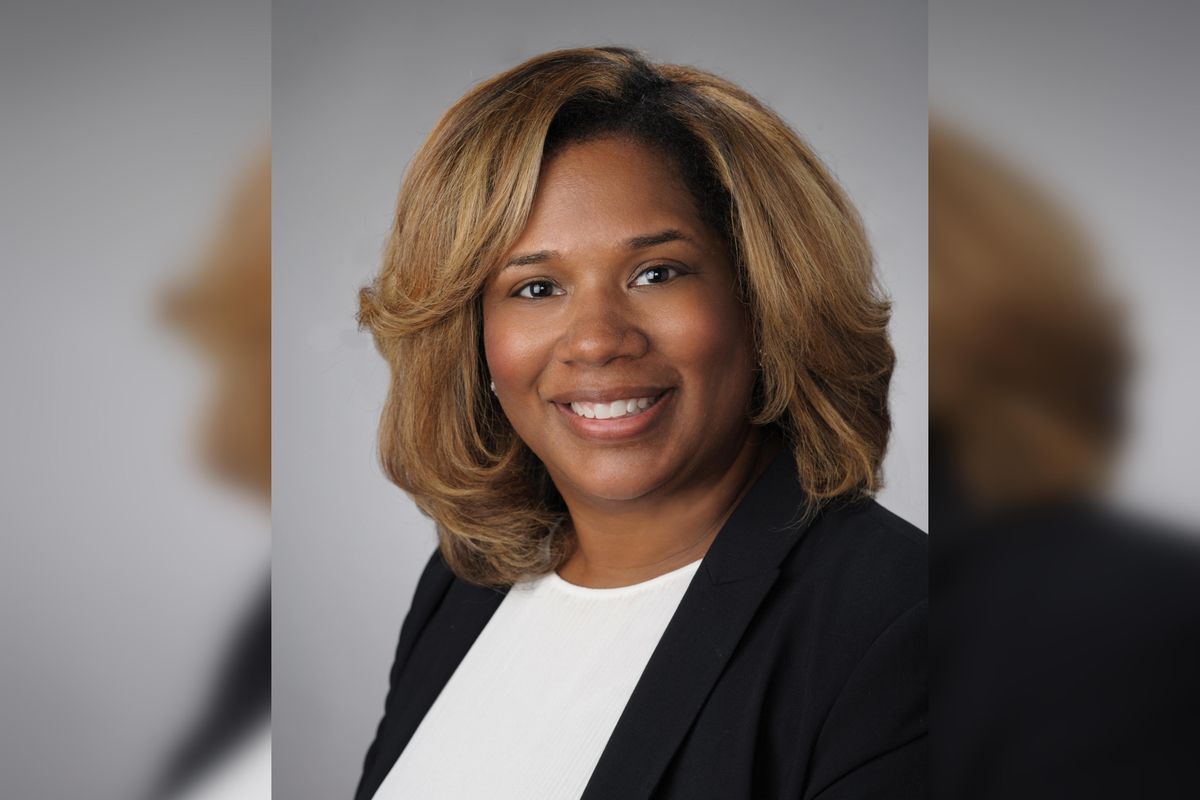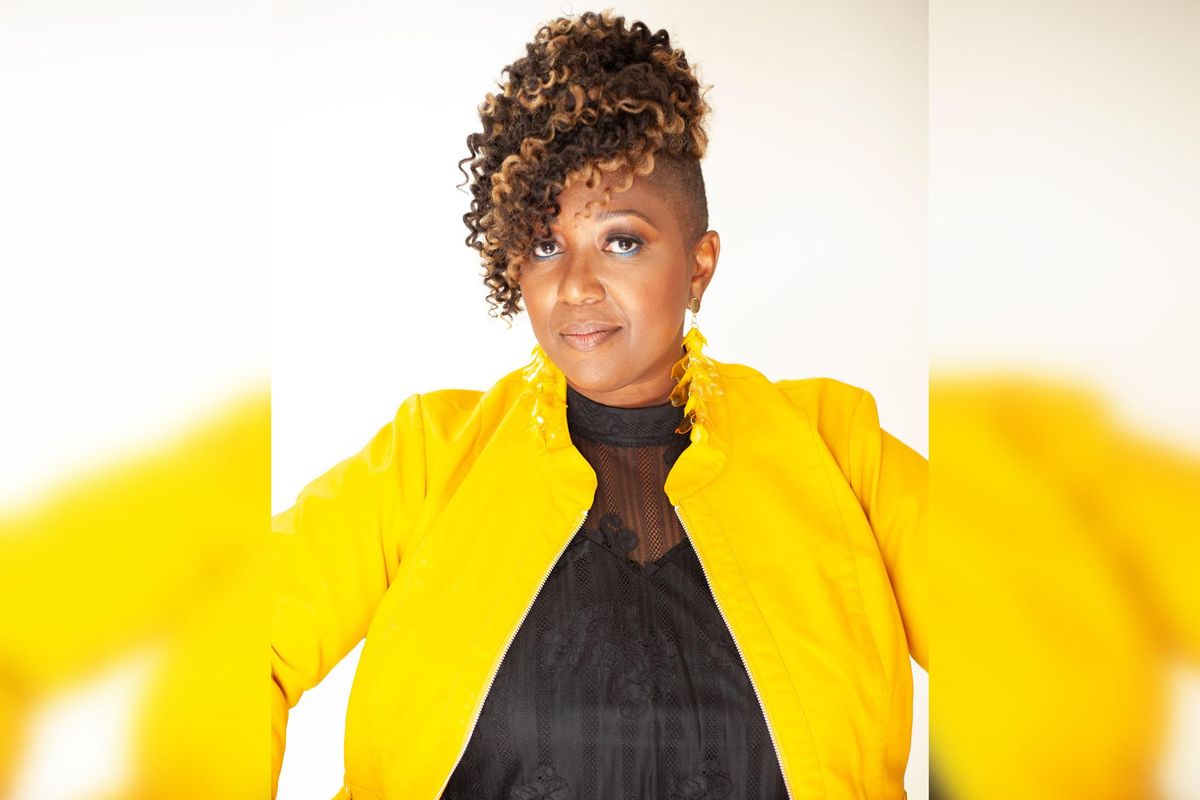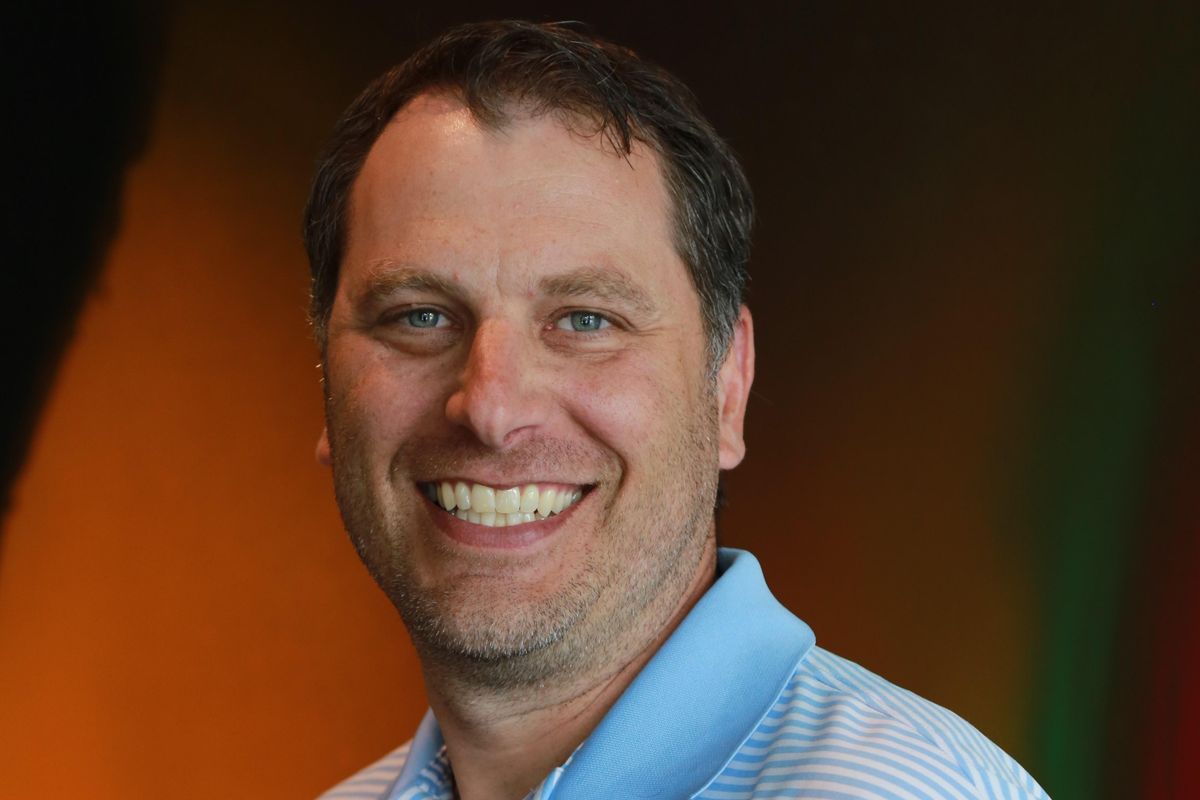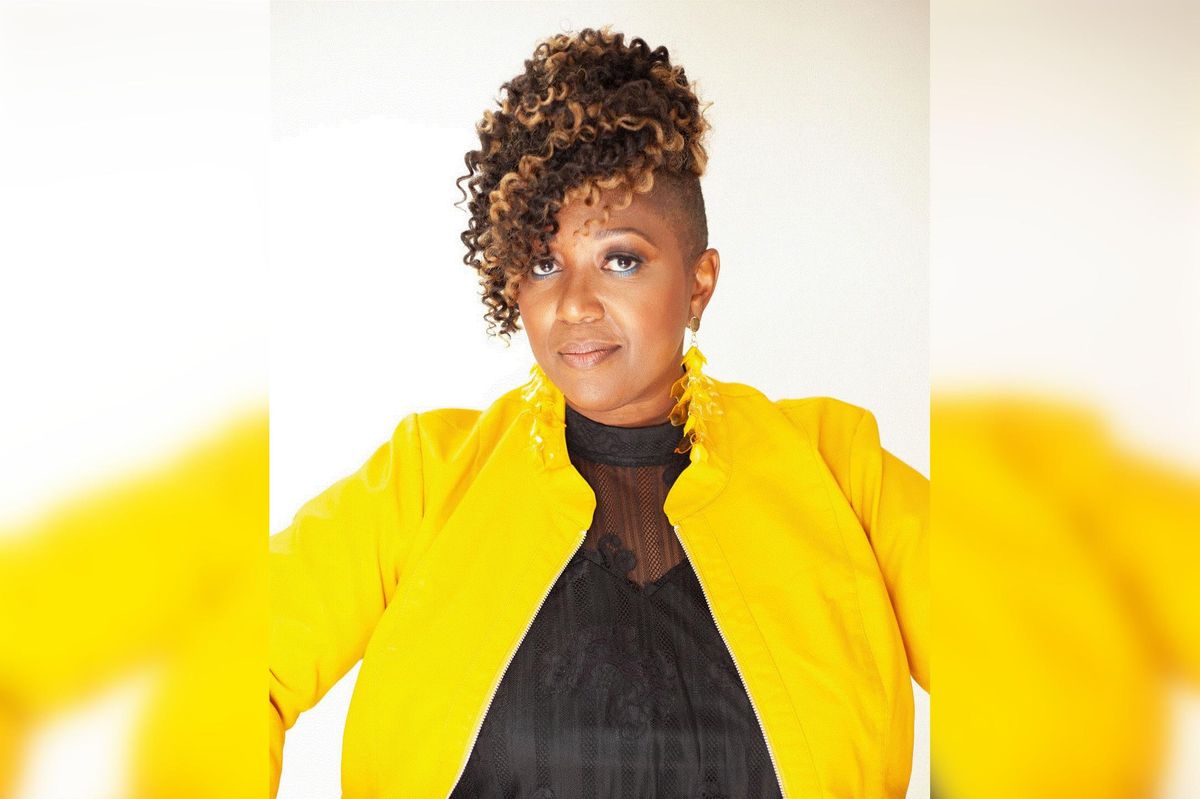InnovationMap, HX reveal winners from 2022 Houston Innovation Awards Gala
and the winners are...
That's a wrap on the Houston Innovation Awards Gala. InnovationMap and Houston Exponential announced the winners of the 2022 awards that celebrated Houston's booming innovation ecosystem, and 11 startups and individuals walked away with the awards.
The event, held November 9 at the Ion, honored all 43 finalists as well as Trailblazer Award recipient, Blair Garrou, managing director and founder of Houston-based venture capital firm Mercury. Click here to read about all the finalists.
Eight judges evaluated over 150 companies and individuals across 11 categories for the 2022 Houston Innovation Awards. This year's judges included Carolyn Rodz, founder and CEO of Hello Alice; Wogbe Ofori, founder of Wrx Companies; Scott Gale, executive director of Halliburton Labs; Ashley Danna, senior manager of regional economic development of Greater Houston Partnership; Kelly McCormick, professor at the University of Houston; Paul Cherukuri, vice president of innovation at Rice University; Lawson Gow, CEO of Houston Exponential; and Natalie Harms, editor of InnovationMap.
Without further adieu, here the winners from the 2022 Houston Innovation Awards.
BIPOC-Founded Business: Steradian Technologies

The winner for the BIPOC-Founded Business category, honoring an innovative company founded or co-founded by BIPOC representation, is: Steradian Technologies, a health tech startup that uses deep-photonics technology to diagnose respiratory diseases in seconds, all for the price of a latte.
Female-Founded Business: Sesh Coworking

The winner for the Female-Founded Business category, honoring an innovative company founded or co-founded by a woman, is: Sesh Coworking, a women and genderqueer inclusive coworking and community.
Hardtech Business: Fluence Analytics

The winner for the Hardtech Business category, honoring an innovative company developing and commercializing a physical technology across life science, energy, space, and beyond, is: Fluence Analytics, real-time analytics solution that optimizes processes and provides novel insights into material properties that enable customers to increase yields, improve product quality, and reduce costs.
B2B Software Business: Liongard

The winner for the B2B Software Business category, honoring an innovative company developing and programming a digital solution to impact the business sector, is: Liongard — software company that unlocks the intelligence hidden deep within IT systems to give MSPs an operational advantage that delivers both higher profits and an exceptional customer experience.
Green Impact Business: Cemvita Factory

The winner for the Green Impact Business category, honoring an innovative company providing a solution within renewables, climatetech, clean energy, alternative materials, and beyond, is: Cemvita Factory, a biotech company that uses a sustainable, economical, nature-inspired approach to empower companies with sustainable products and environmental technologies to decrease their carbon footprint, reverse climate change, and create a brighter future for the planet.
Smart City Business: Sensytec

The winner for the Smart City Business category, honoring an innovative company providing a tech solution within transportation, infrastructure, data, and beyond, is: Sensytec, an IoT Solutions platform that expedites and enhances concrete construction operations.
New to Hou Business: Venus Aerospace

The winner for the New to Hou Business category, honoring an innovative company, accelerator, or investor that has relocated its primary operations to Houston within the past three years, is: Venus Aerospace, the creator of a hypersonic spaceplane capable of one-hour global travel.
DEI Champion: Loretta Williams Gurnell

The winner for the DEI Champion category, honoring an individual who is leading impactful diversity, equity, and inclusion initiatives and progress within Houston and their organization, is: Loretta Williams Gurnell, founder of SUPERGirls SHINE Foundation.
Mentor of the Year: Kara Branch

The winner for the Mentor of the Year category, honoring an individual who dedicates their time and expertise to guide and support to budding entrepreneurs, is: Kara Branch, founder and CEO of Black Girls Do Engineer Corp. and developer and manager at Intel Corp.
Investor of the Year: John "JR" Reale

The winner for the Investor of the Year category, honoring an individual who is leading venture capital or angel investing, is: John (JR) Reale, managing director of Integr8d Capital and venture lead of the Texas Medical Center Venture Fund
People's Choice (Startup of the Year): Milkify
The winner for the People's Choice: Startup of the Year category, selected via an interactive voting portal during of the event, is: Milkify — creator of patent-pending process to freeze-dry breast milk into a powder that is easy to use and transport and lasts for three years on the shelf.
- Nominations open for InnovationMap's 2023 Houston Innovation Awards - InnovationMap ›
- 2023 Houston Innovation Awards finalists announced - InnovationMap ›
- Houston Innovation Awards opens ticket sales as nomination deadline looms - InnovationMap ›
- Nominations open for InnovationMap's 2023 Houston Innovation Awards - InnovationMap ›








